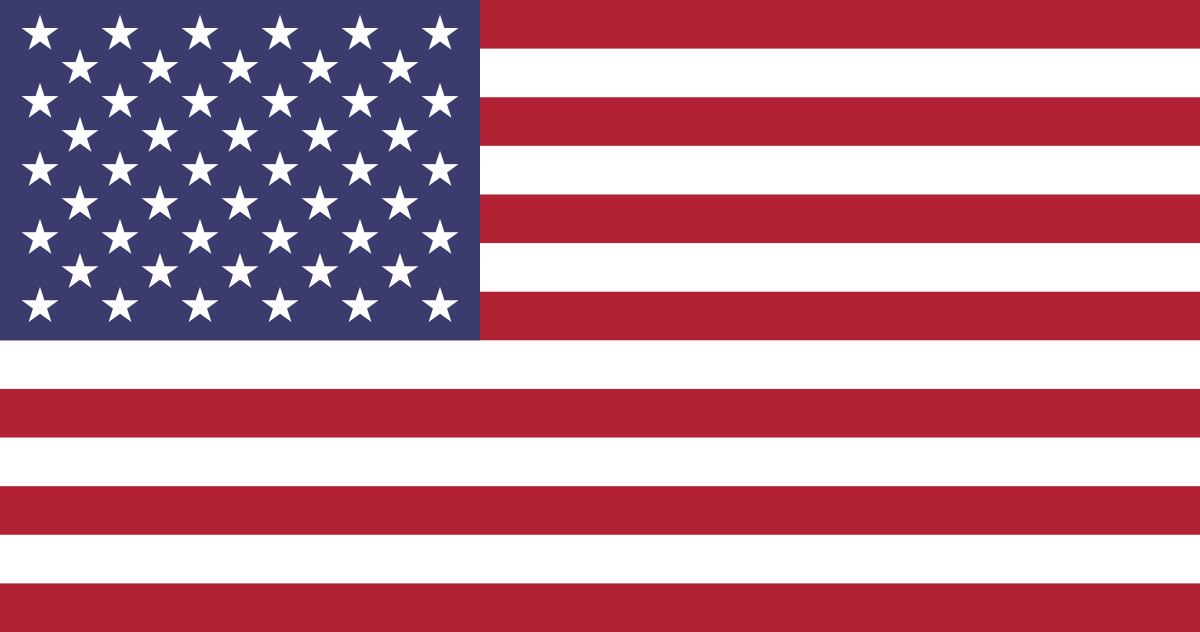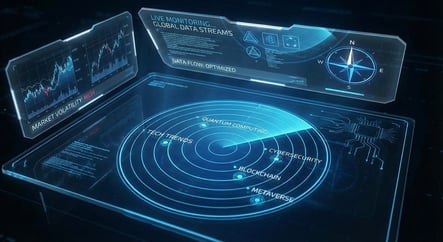
From Trend Panic to Practice: Building a Sustainable Approach to Trend & Tech Management
The Tap on the Shoulder: When You're Suddenly Responsible for “Emerging Trends & Tech” I’ll never forget the moment ...
.png?height=242&name=Innovation-Climate%20(2).png)
6 Practical Steps that Foster an Innovation Climate
Lessons from Colin Nelson’s Knowledge Session on building an environment where innovation thrives. What if your organiza...

7 Innovation Strategies to Keep Ideas Alive Beyond the Graveyard
Avoiding the Idea Graveyard Every corporate innovation leader has seen good ideas get buried fast. They begin with energ...

Mastering Innovation Portfolio Management: Strategies for High-Impact Results
Innovation is tomorrow’s growth. Portfolio management is how you decide which “tomorrows” to fund—and which to stop. Thi...
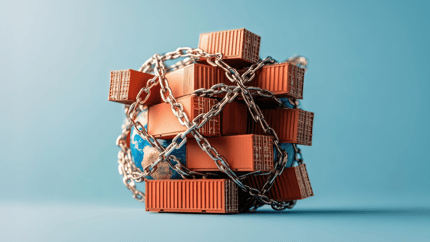
How Innovation Leaders Can Navigate Tariff Disruption and Build Supply Chain Resilience
Tariffs pushed. Slashed. Blocked. Reinstated. Ouf.
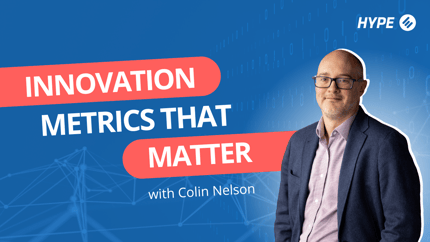
Measuring Innovation Impact: What Leaders Actually Want to See
Learn the key takeaways from my knowledge session on Measuring What Matters — all in just 7 minutes. In my work with glo...

How to Engage Employees in Innovation—and Make It Part of Everyday Work
Innovation isn’t just for R&D teams or leadership—it’s a company-wide effort. Yet, one of the biggest challenges org...
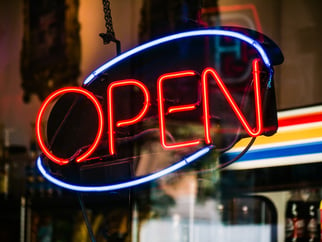
Why Open Innovation Fails— And How to Fix It
Open innovation—the practice of purposefully managing knowledge flows between internal and external sources to drive new...

3 Small But Powerful Ways to Improve Your Innovation Management System
I know what you’re thinking: Can small changes really make a difference? The short answer: Absolutely. Because, as the s...
